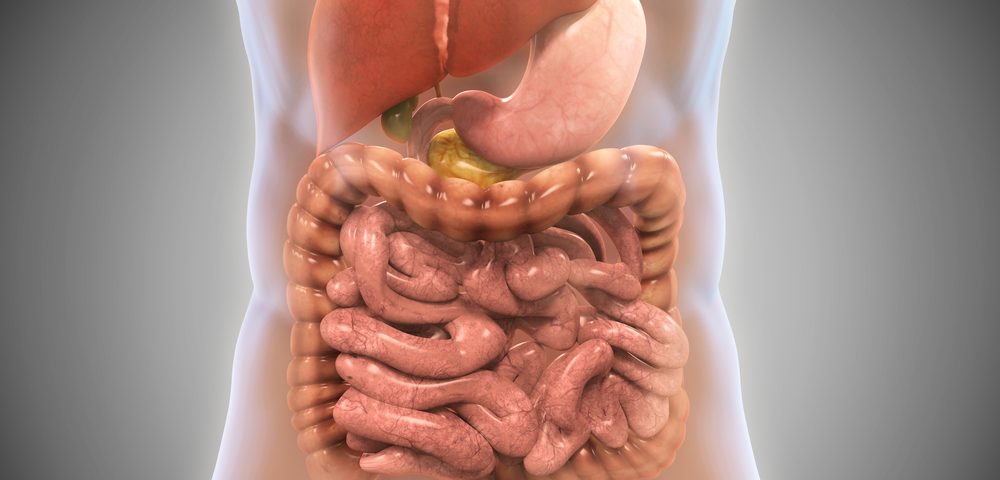Bowel rest — in which patients do not ingest any food and are fed intravenously — does not significantly lower perforation rates or improve overall outcomes in non-Hodgkin’s lymphoma patients with gastrointestinal involvement, a study shows.
The study, “Frequency of bowel perforation and impact of bowel rest in aggressive non-Hodgkin lymphoma with gastrointestinal involvement,” was published in the British Journal of Haematology.
Non-Hodgkin’s lymphoma (NHL) can involve the gastrointestinal (GI) tract in approximately 10-15% of patients at diagnosis. One potential complication of GI tract involvement is perforation, or a ruptured bowel, which can result in peritonitis (inflammation of the lining of the abdominal cavity), septic shock, multi-organ failure, prolonged hospitalization, delayed chemotherapy, and death.
To avoid perforation, a doctor may decided to hospitalize a patient and use a technique called bowel rest from the start of therapy until recovery. Bowel rest involves giving the digestive system a break from ingesting food by mouth. Rather, nutrition comes from an approach called total parenteral nutrition, which refers to feeding intravenously or through the bloodstream, bypassing the usual process of eating and digestion.
This process, however, can be costly, and its benefits are still unknown. Australian researchers, working with colleagues in Canada and Denmark, conducted a retrospective study to review the benefits of bowel rest in patients with non-Hodgkin’s lymphoma with GI involvement.
The study was conducted using medical records from four hospitals, two Australia, and one each in Canada and Denmark. The Australian sites always used bowel rest, while the Canadian and Danish sites did not.
Among the 414 patients included in the study, 202 (49%) were treated as outpatients and 212 (51%) were inpatients. Among the inpatients, 94 (44%) received bowel rest and total parenteral nutrition, and 118 (56%) were observation only.
Overall, 10% of patients experienced a ruptured bowel. But 6.8% of them had bowel perforation at presentation or before the start of chemotherapy. Statistical analysis supported previous findings that small or large bowel involvement was associated with a greater risk of perforation.
After a median follow-up of 2.9 years, researchers found that bowel rest did not lead to any significant differences in rates of perforation, peritonitis, surgery, or overall survival.
“Bowel rest is not associated with a difference in the rate of perforation or outcomes post perforation,” the researchers wrote.
Instead, they suggest that “patients with aggressive NHL with GI involvement should be educated to present for urgent assessment in the event of symptoms suggestive of perforation, as routine hospitalization, bowel rest and [total parenteral nutrition] do not improve patient outcomes.”


